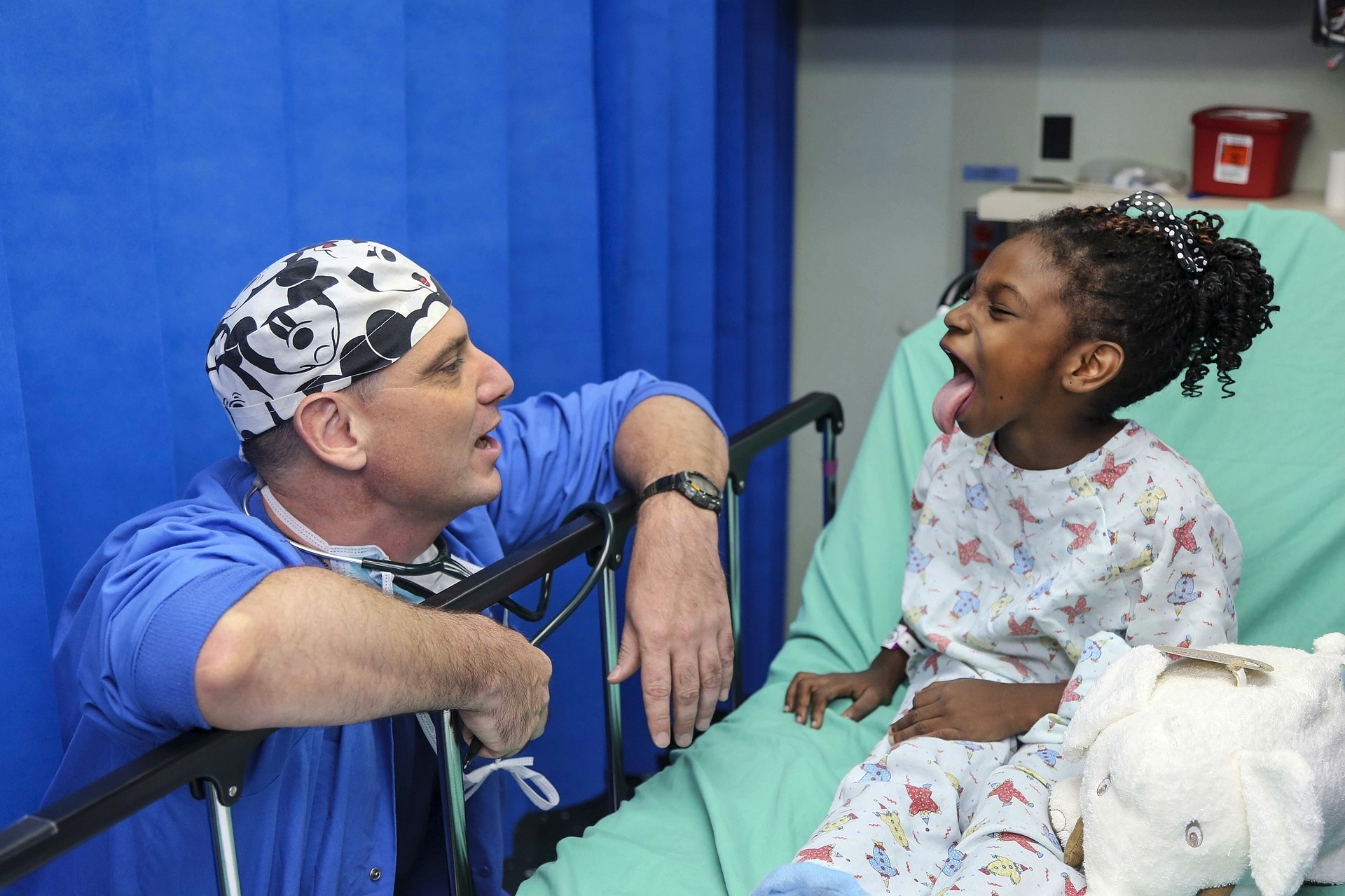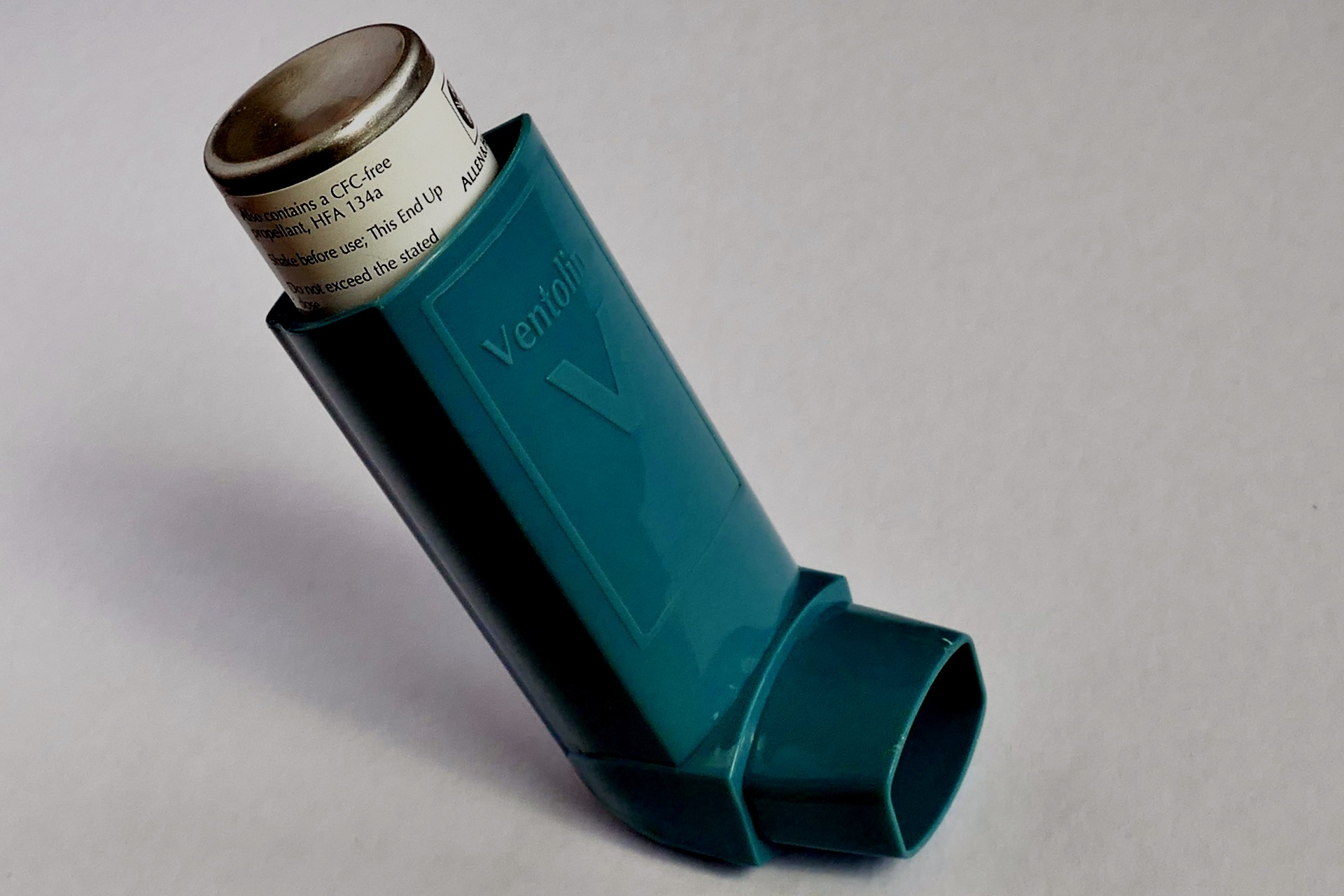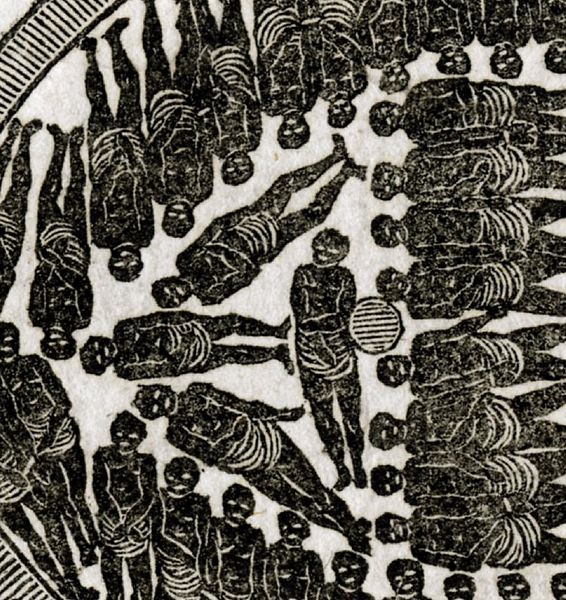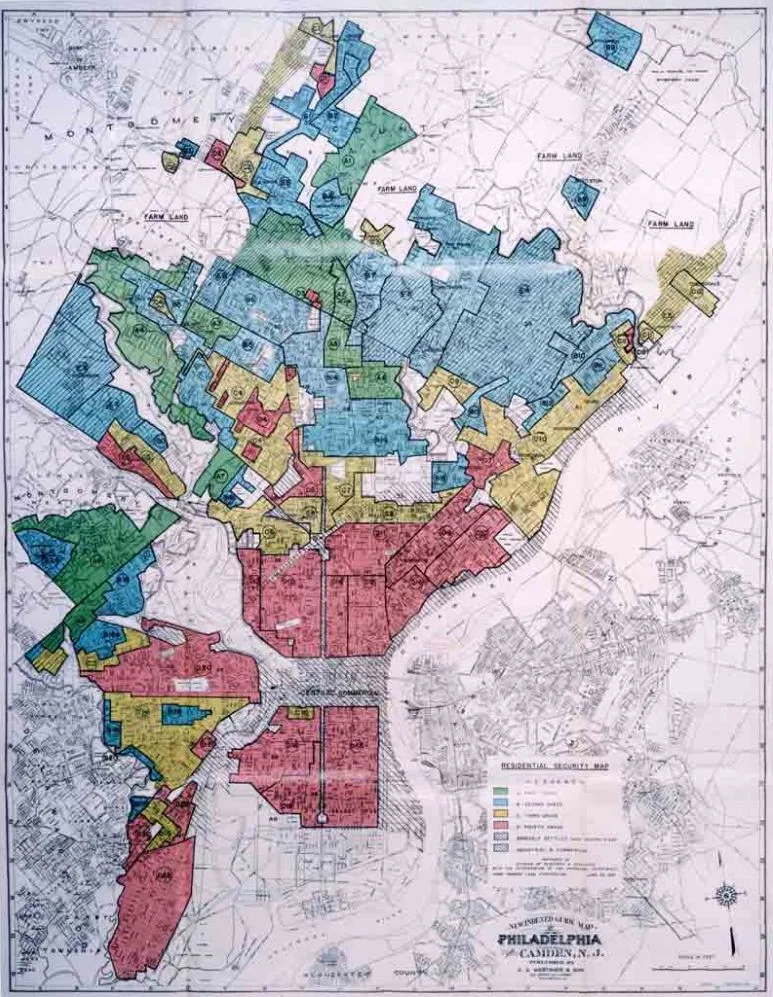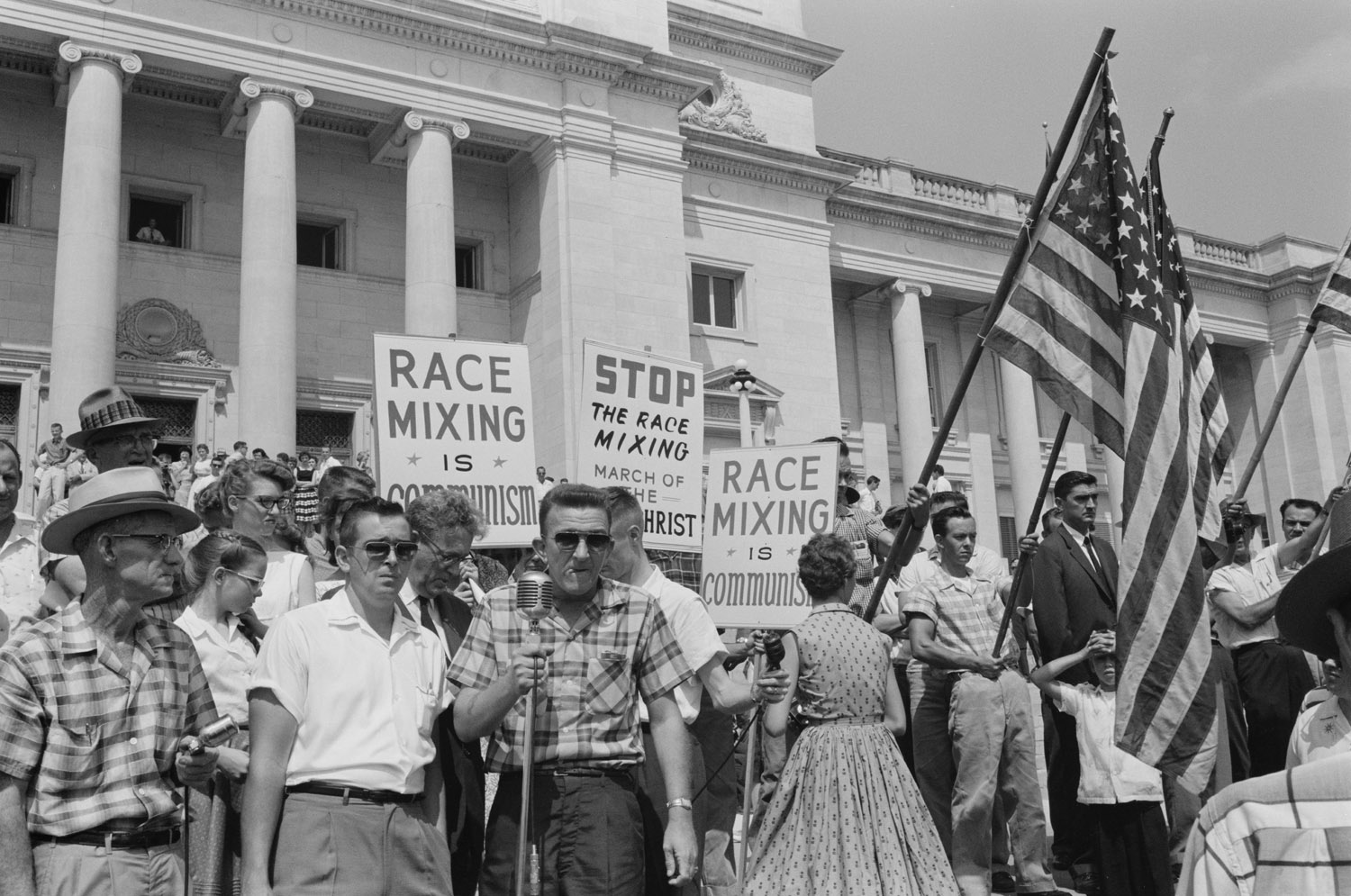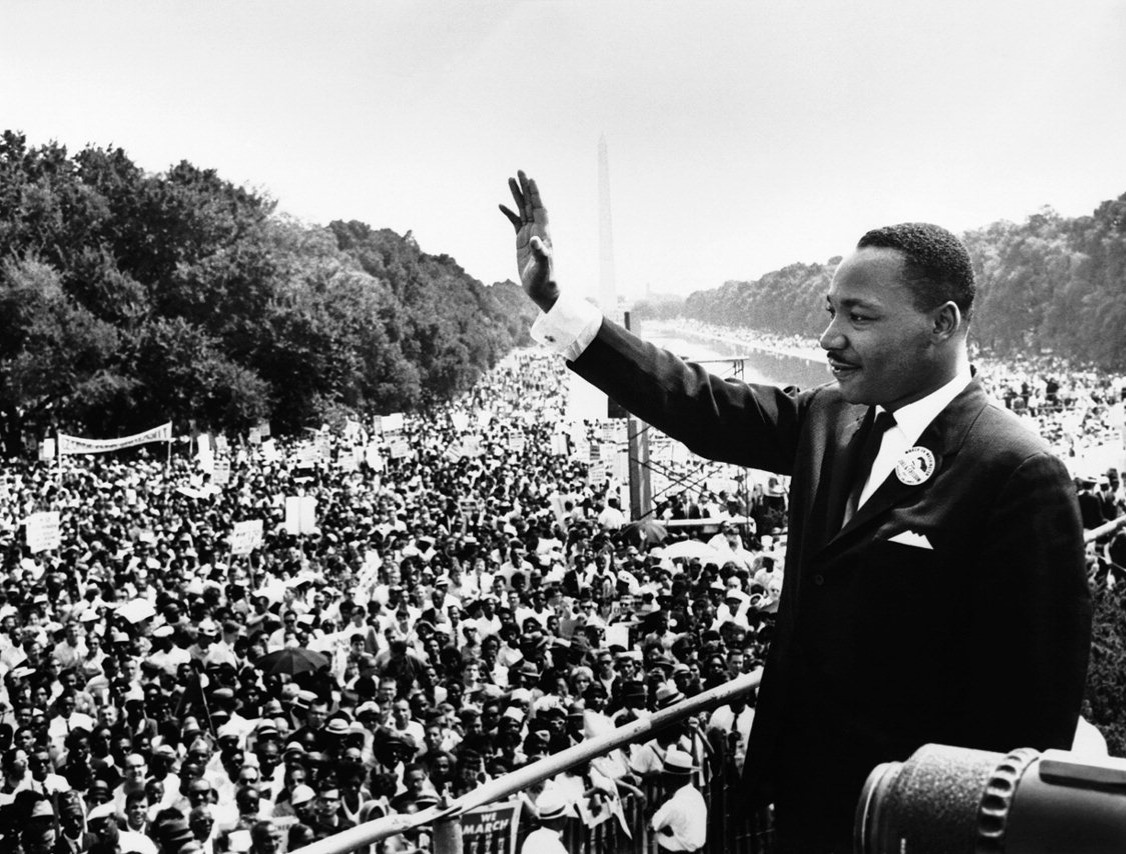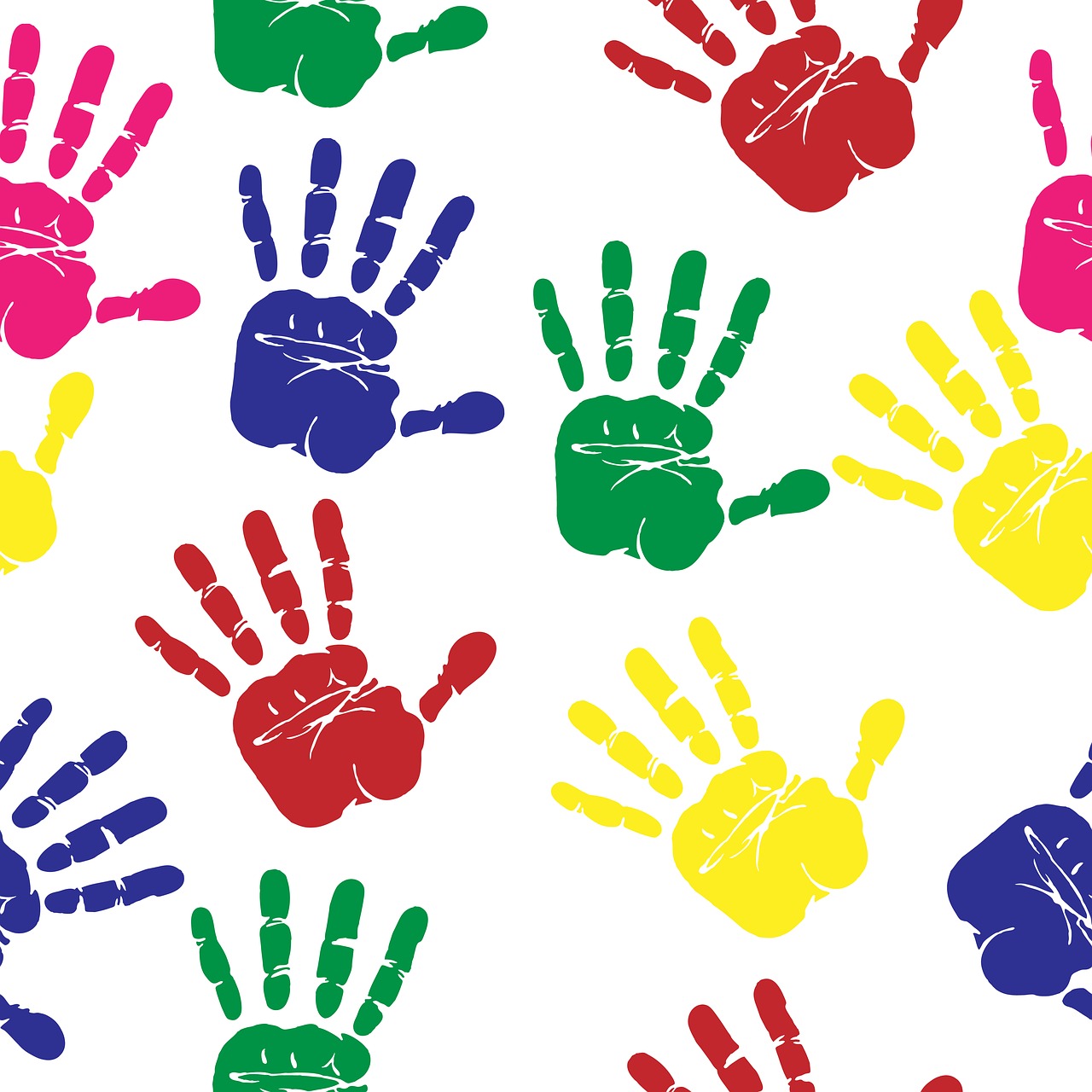Race and Health Disparities: Medical Care
Photo credit: Skeeze | Pixabay.
Introduction
The following resources explore people’s health is impacted by different levels of medical care and treatment, because of explicit or implicit racial bias.
Conversation Stations
These are the images used in artistic physical displays. They are survey questions and conversation starters that are topically and thematically organized. They demonstrate how Jesus is relevant to each topic or theme. You can also just view the images on your device. If you would like, see all our Conversation Stations; below are the ones that relate to the topic of Race.
Whose Justice? (and instructions and Christian Restorative Justice Study Guide)
Whose Justice? for Harvard Law School
Is a Good Friend Hard to Find? (and instructions and conversation tree)
What Can We Do About Evil? (and instructions and conversation tree) and smaller version and brochure version
Que Podemos Hacer Sobre La Maldad? for the Asociacion Dominicana de Estudiantes Evangelico, 2014
Does the Good Outweigh the Bad? (and instructions)
Race What's the Problem? (and instructions) and brochure version
Christian Resources on Health Disparities in Medical Care
Christoffer Grundmann, Sent to Heal!: Emergence and Development of Medical Missions. University Press of America | Amazon page, Sep 2005.
Harold G. Koenig, Medicine, Religion, and Health: Where Science and Spirituality Meet. Templeton Press | Amazon page, Sep 2008.
Other Resources on Health Disparities in Medical Care
National Birth Equity Collaborative (website) aims to reduce Black maternal and infant mortality through research, family centered collaboration, and advocacy
Anarcha Westcott (Wikipedia) (c.1828 - unknown) “Anarcha Westcott was an enslaved woman who underwent a series of painful experimental surgical procedures conducted by physician J. Marion Sims, without the use of anesthesia, to treat a combination of vesicovaginal fistula and rectovaginal fistula. Sims's medical experimentation with Anarcha and other enslaved women, and its role in the development of modern gynaecology, has generated controversy among medical historians.”
Allen M. Hornblum, Acres of Skin: Human Experiments at Holmesburg Prison. Routledge | Amazon page, Apr 1998.
Unnatural Causes, Unravelling the Mystery of Black-White Differences in Infant Mortality. Unnatural Causes, Jul 3, 2008. A YouTube video on how racist trauma affects pregnancy.
Unnatural Causes, How Racism Impacts Pregnancy Outcomes. Unnatural Causes, Jul 3, 2008.
Unnatural Causes, Native American Treaties and Health Care. Unnatural Causes, Jul 3, 2008.
Unnatural Causes, Importance of Culturally Appropriate Care for Native Americans. Unnatural Causes, Jul 3, 2008.
Unnatural Causes, Impact of Poverty and Stress on Diabetes on Native Americans. Unnatural Causes, Jul 3, 2008.
Unnatural Causes, Federal Indian Policies and Health. Unnatural Causes, Jul 3, 2008.
Unnatural Causes, Diabetes Industry and Native American Health. Unnatural Causes, Jul 3, 2008.
Unnatural Causes, Diabetes Among Native Americans - Genes or Environment? Unnatural Causes, Jul 3, 2008.
Clarence C. Gravlee, How Race Becomes Biology: Embodiment of Social Inequality. American Journal of Anthropology, Feb 18, 2009.
Elizabeth N. Chapman, Anna Kaatz, and Molly Carnes, Physicians and Implicit Bias: How Doctors May Unwittingly Perpetuate Health Care Disparities. Journal of General Internal Medicine, Nov 2013. contains footnotes with links to previous studies showing implicit bias does affect medical decision-making. E.g. “Two studies found that Black patients seen in emergency departments receive less analgesia than White patients. Hispanic patients in one study were seven times less likely to receive opioids in the emergency room than non-Hispanic patients with similar injuries, even when adjusting for confounders. These findings were duplicated in Black patients. In a follow-up study, researchers assessed physicians’ ability to quantifying pain in Hispanic patients compared to non-Hispanic patients. They found that physicians could accurately judge patients’ pain severity regardless of ethnicity yet still provided less analgesia to Hispanic patients with severe injuries.”
Sam P.K. Collins, Black People Aren’t Making Things Up: The Science Behind ‘Racial Battle Fatigue’. ThinkProgress, Jun 19, 2015.
Alma Carten, How Slavery’s Legacy Affects the Mental Health of Black Americans. New Republic, Jul 27, 2015.
Kat Ely, The World Is Designed for Men. Medium, Sep 8, 2015. On gender bias and not race-ethnicity, but very illuminating and transferable. Product designs that are less safe for women: seatbelts; medicine; power tools.
Alondra Nelson, The Social Life of DNA: Race, Reparations, and Reconciliation After the Genome. Beacon Press | Amazon page, Sep 2016. Dr. Nelson is professor of sociology and gender studies at Columbia University. “Nelson incisively shows that DNA is a portal to the past that yields insight for the present and future, shining a light on social traumas and historical injustices that still resonate today. Science can be a crucial ally to activism to spur social change and transform twenty-first-century racial politics.”
Sowande M. Mustakeem, Slavery at Sea: Terror, Sex, and Sickness in the Middle Passage. University of Illinois Press | Amazon page, September 30, 2016. “Mustakeem offers provocative new insights into how gender, health, age, illness, and medical treatment intersected with trauma and violence transformed human beings into the world's most commercially sought commodity for over four centuries.”
Daina Ramey Berry, The Price of Their Pound of Flesh: The Value of the Enslaved, from Womb to Grave, in the Building of a Nation. Beacon Press, Jan 2017. Berry examines evidence for the economic value assigned to enslaved African Americans during each phase of their lives. She includes the prices of cadavers for medical schools.
Julia Belluz, Black Moms Die in Childbirth 3 Times as Often as White Moms. Except in North Carolina. Vox, Jul 3, 2017. pre-natal health
Elizabeth Chuck, Texas Has the Highest Maternal Mortality Rate in the Developed World. Why? NBC News, Aug 12, 2017. black women make up 29% of cases, but only 11% of population
Rana A. Hogarth, Medicalizing Blackness: Making Racial Difference in the Atlantic World, 1780-1840. University of North Carolina Press | Amazon page, Oct 2017. From 1748, as yellow fever raged in Charleston, South Carolina, ideas about blackness started to serve the interests of plantation capitalism via medicine. “Hogarth examines the creation and circulation of medical ideas about blackness in the Atlantic World during the late eighteenth and early nineteenth centuries. She shows how white physicians deployed blackness as a medically significant marker of difference and used medical knowledge to improve plantation labor efficiency, safeguard colonial and civic interests, and enhance control over black bodies during the era of slavery. Hogarth refigures Atlantic slave societies as medical frontiers of knowledge production on the topic of racial difference. Rather than looking to their counterparts in Europe who collected and dissected bodies to gain knowledge about race, white physicians in Atlantic slaveholding regions created and tested ideas about race based on the contexts in which they lived and practiced. What emerges in sharp relief is the ways in which blackness was reified in medical discourses and used to perpetuate notions of white supremacy.”
Deirdre Cooper Owens, Medical Bondage: Race, Gender, and the Origins of American Gynecology. University of Chicago Press, Nov 2017. “19th-century gynecologists performed experimental caesarean sections, ovariotomies, and obstetric fistula repairs primarily on poor and powerless women. Medical Bondage breaks new ground by exploring how and why physicians denied these women their full humanity yet valued them as "medical superbodies" highly suited for medical experimentation.”
Vox and Propublica, The U.S. Medical System is Still Haunted by Slavery. Vox, Dec 7, 2017. an 8 minute video
Kim Brooks, America Is Blaming Pregnant Women for Their Own Deaths. NY Times, Nov 16, 2018.
Chelsea Hale and Meghan Matt, The Intersection of Race and Rape Viewed through the Prism of a Modern-Day Emmett Till. American Bar Association, Jul 16, 2019. “An exploration of the historical practice of exploiting and violating the bodies of African American women with impunity and how African American defendants accused of raping white women are treated differently under the law.” Includes medical practices: anesthesia was perfected using black women in experiments.
John Oliver, Bias in Medicine. Last Week Tonight, Aug 18, 2019.
Jessica Horan-Block, A Child Bumps Her Head. What Happens Next Depends on Race. New York Times, Aug 24, 2019. “My black and Latino clients are accused of abuse when their kids have accidents.”
Colbert I. King, The District Is Neglecting Its Only Public Psychiatric Hospital. It’s Cruel.. Washington Post, Oct 4, 2019. Re: Washington DC, which has a large black population.
Renee Graham, Black Distrust Deepens Against the Medical Community. Boston Globe, Jan 7, 2020. “Too many black people were forced to suffer by doctors more attuned to their own biases than their patients’ pain.”
Gina Kolata, Many Medical Decision Tools Disadvantage Black Patients. New York Times, Jun 17, 2020. “Doctors look to these digital calculators to make treatment decisions, but they can end up denying black patients access to certain specialists, drugs and transplants.”
Tafadzwa Muguwe, A Dual Degree From Oxford. A Medical Degree From Harvard. Neither Protected Me From Racism. WBUR, Jun 18, 2020. The author is from Zimbabwe. His journey is eye-opening. “It's a hypersensitivity that leads me to quickly dissect seemingly innocuous situations. Like the professor who wrote my recommendation letter, but also confused me with another Black classmate for years. Or the patient who assumed I was the trainee and my white student was in charge. Or the patient’s family member who asked if I was "here to pick up the food tray," despite my doctor’s white coat. “Small” encounters leave me trying to distinguish simple ignorance from put-downs. It’s never clear-cut and so I walk through life in an exhausting state of being.”
Bryant Furlow, A Hospital Was Accused of Racially Profiling Native American Women. Staff Said Administrators Impeded an Investigation. ProPublica, Jun 22, 2020. “Federal regulators are investigating a New Mexico hospital accused of racial profiling. This comes as hospital staff said administrators appeared to hide documents and discouraged cooperation with an initial state inquiry.”
Rob Picheta, Black Newborns More Likely to Die When Looked After by White Doctors. CNN, Aug 20, 2020. 3 times as likely.
Ann Fabian, The Skull Collectors: Race, Science, and America's Unburied Dead. University of Chicago Press, Dec 2020.
Asia Fields, Medical Director Resigns From Clinic, Citing Racism at Seattle Children’s Hospital and Prompting Demands for Change. Seattle Times, Dec 31, 2020. “For Seattle-area families who relied upon Dr. Ben Danielson, the medical director of the Odessa Brown Children’s Clinic, the grief over his resignation is twofold: They lost a trusted pediatrician and advocate, and the reason he left is painful… Among Danielson’s concerns, which Crosscut first reported Thursday, were that Seattle Children’s leaders did not address issues such as a lack of translation services or the practice of calling security against patients of color, and that staff were afraid of retaliation if they spoke out. He contended a hospital administrator used racist terms several years ago while referring to people of color.”
Lundy Braun, Breathing Race into the Machine: The Surprising Career of the Spirometer from Plantation to Genetics. University of Minnesota Press | Amazon page, January 19, 2021. Prior to the Civil War, Southern doctors used the spirometer to measure lung capacity. They argued that black people had less capacity than white people, and used that as an argument against freedom for enslaved black people.
Tonya Russell, Mortality Rate for Black Babies is Cut Dramatically When They’re Delivered by Black Doctors, Researchers Say. Washington Post, Jan 11, 2021.
Fabiola Cineas, “Race Norming” and the Long Legacy of Medical Racism, Explained. Vox, Jul 9, 2021. “The NFL recently announced it would end the practice, but race norming is still used across the medical field.”
Denis Campbell, Women 32% More Likely to Die After Operation by Male Surgeon, Study Reveals. The Guardian, Jan 4, 2022. “Women are 15% more liable to suffer a bad outcome, and 32% more likely to die, when a man rather than a woman carries out the surgery, according to a study of 1.3 million patients. The findings have sparked a debate about the fact that surgery in the UK remains a hugely male-dominated area of medicine and claims that “implicit sex biases” among male surgeons may help explain why women are at such greater risk when they have an operation. “In our 1.3 million patient sample involving nearly 3,000 surgeons we found that female patients treated by male surgeons had 15% greater odds of worse outcomes than female patients treated by female surgeons,” said Dr Angela Jerath, an associate professor and clinical epidemiologist at the University of Toronto in Canada and a co-author of the findings. The findings have been published in the medical journal JAMA Surgery.”
Ashitha Nagesh, NHS “Riddled with Racism” Against Ethnic Minority Doctors. BBC, Feb 2, 2022.
Amy Goodman, “Aftershock”: Film Explores Disproportionate Black Maternal Mortality in US, Could Worsen After Roe. Democracy Now, Jul 25, 2022. Black women are 4 times more likely to die than white women of childbirth related complications. Solutions include midwifery support, closer attention to women’s health and social determinants of health.
Jessica Winter, Why a Life-Threatening Pregnancy Complication Is on the Rise. The New Yorker, Aug 12, 2022. “The rate of preeclampsia had been climbing steadily for years. Then COVID-19 arrived, and the numbers spiked.” “To a far greater extent, though, preeclampsia in the United States is tied to the wages of structural racism and poverty. The odds that a Black woman in the U.S. will experience preeclampsia is one in eight. Black women are three times more likely than white women to die in childbirth. America’s scandalous infant-mortality rate is “largely driven by the deaths of black babies,” as Linda Villarosa wrote in the Times in 2018; the same can be said of the maternal-mortality rate and Black mothers. Black women are more likely to suffer from comorbidities associated with preeclampsia—including obesity, diabetes, and preëxisting hypertension—and less likely to have access to good prenatal care. They are also overrepresented among covid-related deaths and less likely to be fully vaccinated than white women.”
Sarah Kliff, Doctors Give Black Women Unneeded C-Sections to Fill Operating Rooms, Study Suggests. New York Times, Sep 10, 2024. “Obstetricians are more likely to give Black women unnecessary cesarean sections, putting those women at higher risk for serious complications like ruptured surgical wounds. That’s the conclusion of a new report of nearly one million births in 68 hospitals in New Jersey, one of the largest studies to tackle the subject. Even if a Black mother and a white mother with similar medical histories saw the same doctor at the same hospital, the Black mother was about 20 percent more likely to have her baby via C-section, the study found.”



